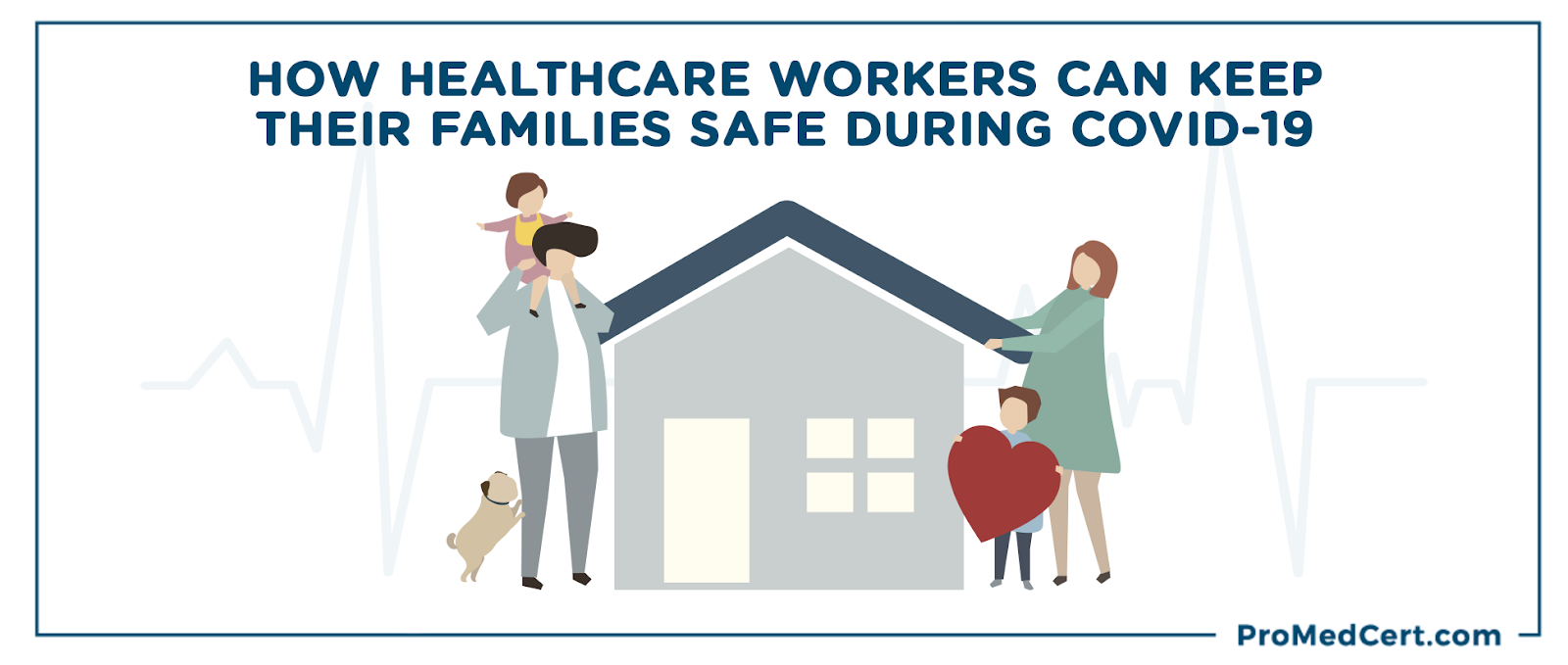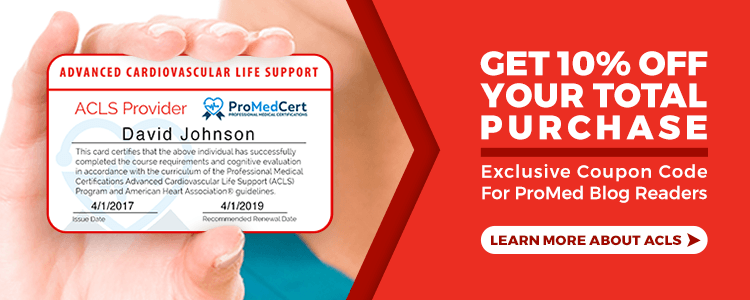How Healthcare Workers Can Keep Their Families Safe During COVID-19

Slowly but surely, the spread of the novel coronavirus is beginning to slow across the US, thanks largely in part to you, our dedicated health professionals. The fight isn’t over yet, however — although there are fewer reports of new cases every week, people are still getting sick and healthcare workers are continuing work on the front lines to treat them and prevent a second wave of infection.
Understandably, there is anxiety among doctors, nurses, and other healthcare workers who fear they may bring COVID-19 home to their families. While hospitals across the US have implemented new safety procedures to protect their workers, there’s an inevitable risk that this fear could become a reality. Across the US and the world, the virus has already seriously affected a significant number of health workers.
So, how do healthcare workers keep themselves and their families safe during this pandemic?
Right now, the necessary steps are unclear for many workers. What steps for disinfection should they take before returning home? Should they self-isolate away from their families until the crisis is over? The latter is a step that many are taking in efforts to protect their children, parents, and immunocompromised family members.
In cities with high infection rates, healthcare workers are taking drastic steps to keep their families safe. Some are sending their kids to live with nearby relatives. Others have taken to video chat platforms to talk to their loved ones instead of greeting them in person. Those who do choose to continue living with family during this time strip down at the door and shower before touching anyone. Are you not sure about what works best for you? If you’re in need of a few tips on what to do when you come home from work, we have all the advice you need on how to keep your family safe from COVID-19.
Stay Safe at Work
Whether you’re working at a small clinic, a hospital, or in an office or lab within the health system, it is crucial that you take all the protective measures you can while on the job. Utilizing all the measures available to you will help you minimize the risk of exposure to the virus. In turn, you will also help your family stay protected.
When at work, personal protective equipment (PPE) should be worn at all times. As the number of cases begins to decline, you may feel tempted to be less diligent in consistently wearing masks and gloves when you aren’t immediately near patients. In the presence of infected patients, you should also be wearing eye protection, a gown, and if your workplace has them in supply, a respirator. Unless you are in a confirmed sanitized area and are fully confident those around you have been screened and found negative for the virus, you should continue to wear PPE at all times.
Additionally, you should remain compliant with workplace screening efforts. You should also be tested consistently to ensure that you are not positive for COVID-19 — as you likely already know, many who contract the virus are asymptomatic. You should also be diligent in helping to ensure that others — staff and patients alike — are screened before they enter the building. Many healthcare facilities request that their patients call beforehand so that health workers know they are coming and can take the necessary precautions.
Wash Your Hands
It is also important to avoid touching your face and be diligent in washing your hands. Though some healthcare workers feel it necessary to take more drastic measures to decontaminate, this is one of the most important steps you can take to avoid bringing the virus home to your family. Good hand hygiene is key — wash your hands, front, back, and under your nails, for at least 20 seconds.
Some healthcare workers keep hand sanitizer in their vehicles and use it right after getting in the car, before washing their hands thoroughly once they enter their homes. This is probably the most reasonable practice you can take, although no one would blame you for wanting to take a shower as well, after walking through the door.
Change Your Clothes
Even before the outbreak, healthcare workers often developed the habit of changing their clothes immediately after coming home. In the wake of the virus, this habit has become commonplace in the healthcare industry to provide an additional measure of precaution. There’s no need to put your day clothes in a separate basket or throw them away — chucking them in a normal laundry basket and washing them with the rest of your clothes works just fine.
Stay Home
Whether you self-isolate or stay home with your family is completely up to you. There’s no wrong answer here — you just have to do what you feel is right. Some health workers self-isolate because the extra precaution gives them feelings of relief. Others prefer to stay with their families to keep their support system intact. These are hard times and for some, being separated from family can worsen their mental health. If you do decide to stay with your loved ones, following the previous tips should minimize everyone’s risk of contracting the virus.
These are difficult times, but if we all do our part and stay diligent, we will make it through this.
We’re doing our part to help healthcare workers on the frontline of this crisis — and you can help too! For every course bundle or “For Life” certification purchased, ProMed will donate $50 to the Direct Relief COVID-19 relief fund. The money donated will be used to supply health workers with all the equipment and resources they need to keep themselves safe and care properly for their patients.
Learn more on our blog, or help our cause by signing up for our courses!

